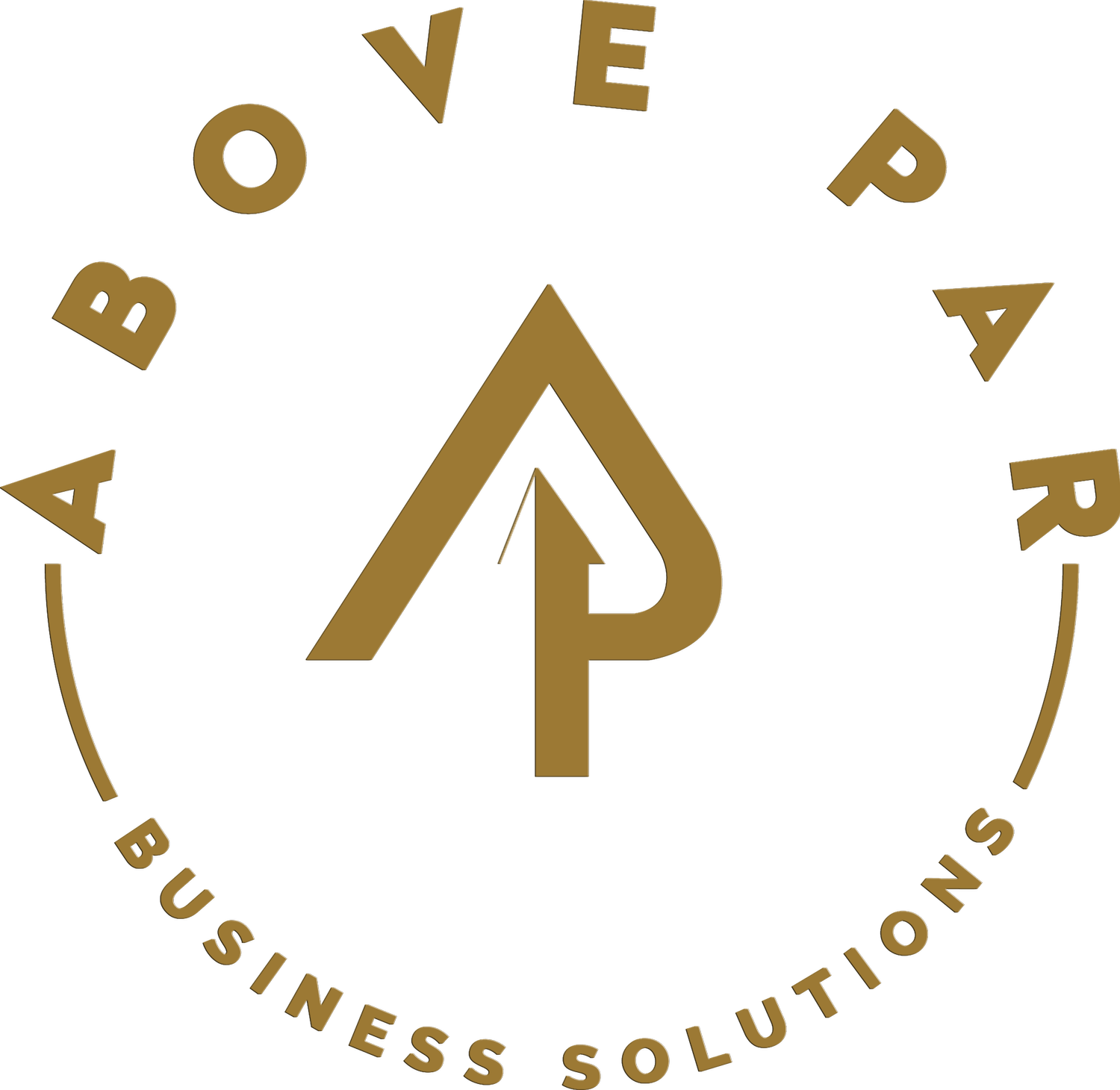DON'T WAIT UNTIL TAX SEASON - FIND A QUALIFIED TAX PREPARER NOW!
Let’s be real, many business owners dread tax time. It can be a time of reckoning for procrastination, with a fear of owing a substantial amount of moola to the tax agencies. While facing reality can be hard, the sooner you face it the better your outcome can be. I’ve mentioned in previous articles about the importance of the 4th Quarter meeting with your CPA or Tax Professional. Meeting with your tax professional NOW can give them the opportunity to help you strategize changes prior to the end of the year, which can have an impact on your current year tax outcome. If you have a current tax professional, then fantastic!! Contact them today to schedule a tax planning meeting. If not, you have a few options of professional types from which to choose (CPA, EA, CTEC or other state certified).
Certified Public Accountants (CPAs)
CPAs are commonly sought after for business tax preparation. They go through a rigorous education and testing process which includes the categories of Accounting, Tax, and Audit. Additionally, many have been tested rigorously through positions such as “Staff Accountant” where they have prepared a high volume of tax returns prior to opening their own firms. Their primary concern is compliance, and are held to a high standard of work to keep their CPA designation. If you can find a CPA that specializes in tax returns for your industry, even better! You may pay higher fees for a CPA, but the volume and level of experience is usually above par.
Enrolled Agents with the IRS (EAs)
Enrolled Agents, or EAs, are tax specialists who is authorized by the federal government to represent taxpayers before the Internal Revenue Service. Their education requirements are not as strict as CPAs but they still go through a rigorous series of taxation exams to gain certification. Unlike CPAs whose scope of expertise extends to Accounting, Taxation, and Audit, Enrolled Agents are specialists in taxation only (unless they hold other certifications or have other accounting based experience). EA fees are typically a little lower than CPA fees, but this can vary. Unless you are having the CPA also do your on-going accounting, and EA might be a less expensive alternative for your business tax preparation needs.
California Tax Education Counsel Certified (CTEC) or other state certified professionals
Having a state certification, such as CTEC in California, grants preparers who have met the minimum education requirements to hold a license to prepare state taxes. This usually includes a 60-80 hour tax specific course with an exam. There is no current qualification to professionally prepare federal taxes, except for obtaining a PTIN number from the IRS, which requires no additional education. You will see many of these preparers at the large franchised tax preparation companies that have multiple locations in each city. While they have met the minimum requirements by the state to prepare returns, state certified preparers have not gone through rigorous testing comparable to those holding CPA or EA licenses. Their fees are usually lower than that of both the CPA and EA, and can be a great option for people filing individual returns or individuals with sole proprietorships (reporting on a Schedule C). If you are a corporate business owner particularly, you may want to consider a CPA or EA that specializes in your industry.
DOES THEIR DESIGNATION MATTER?
When looking for a tax professional, regardless whether they are a Certified Public Accountant, Enrolled Agent, or have a state certification, look at the quality of their interview process and general knowledge of your particular industry. If your tax professional takes time to explore details and dig into questionable (or gray) areas with you, this is a good indication that they are detail-oriented and will do a good job at helping you maximize your tax deductions. CPAs are commonly sought after for business tax preparation, but an experienced EA can be just as effective. For people filing individual returns (even some who file a Schedule C), a state certified tax preparer may be sufficient. Again, the most important thing is to pick a tax professional based on their demonstrated understanding of the tax code and a strong understanding of your particular industry.
Writer: Heather D. RIchard
